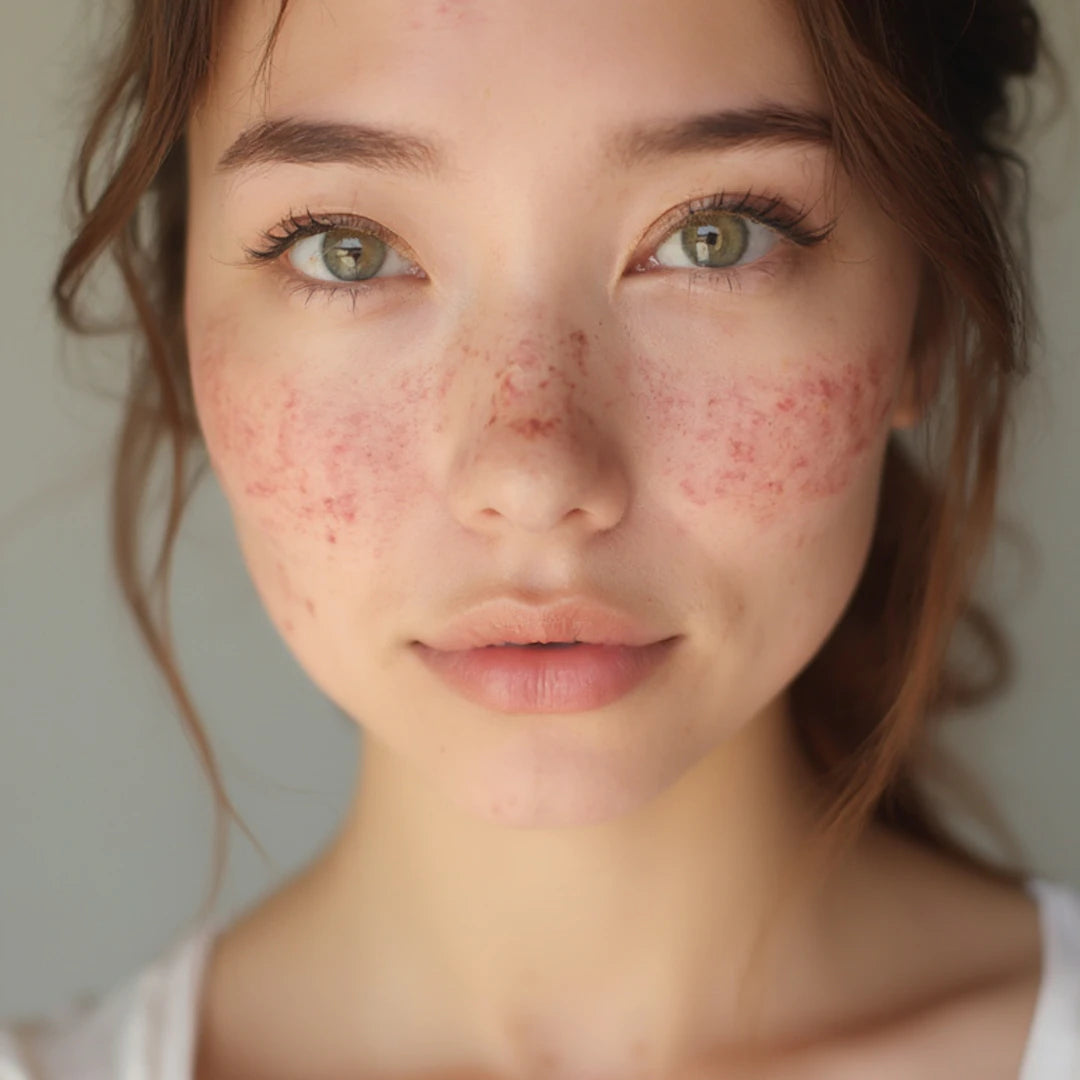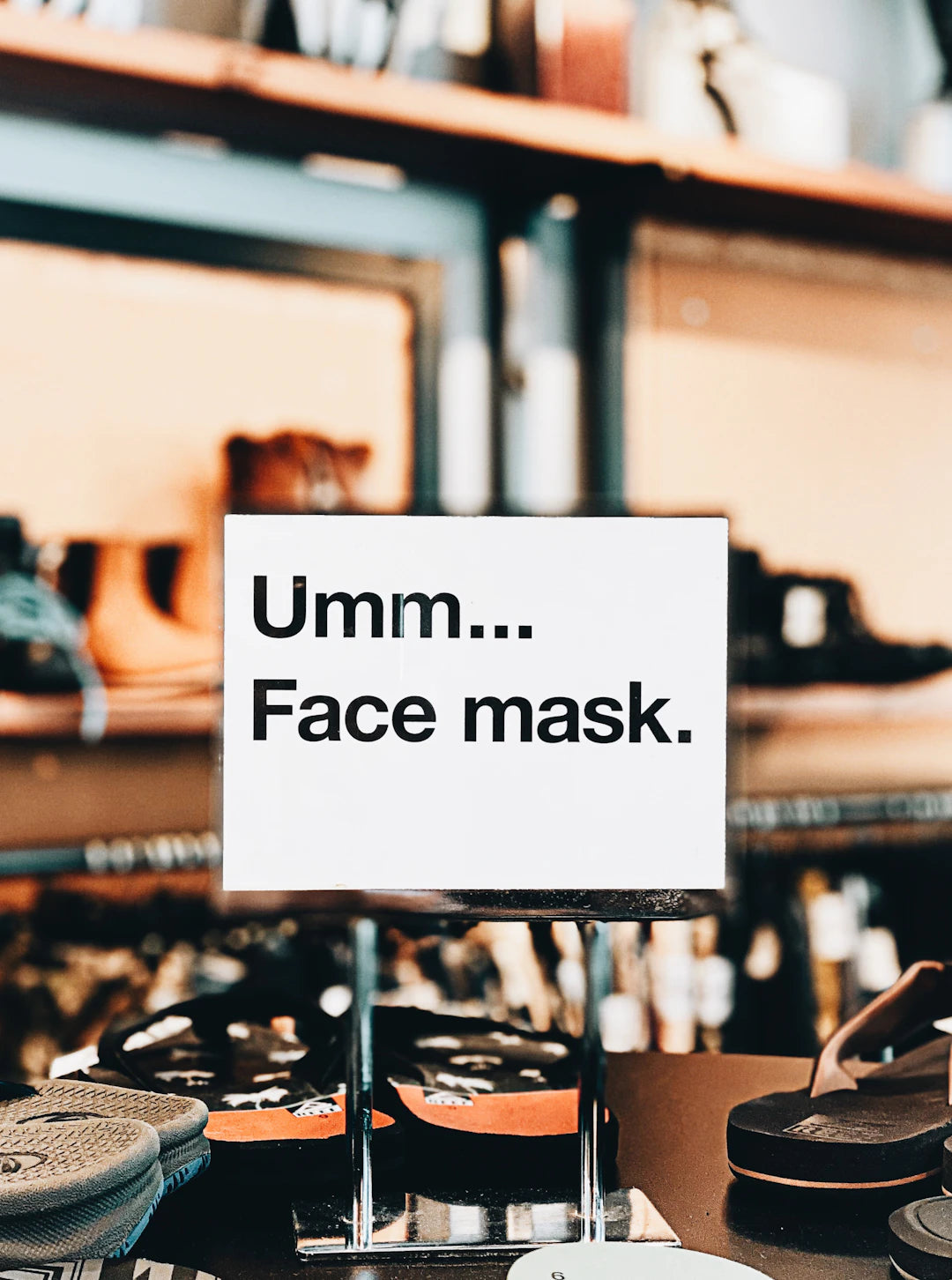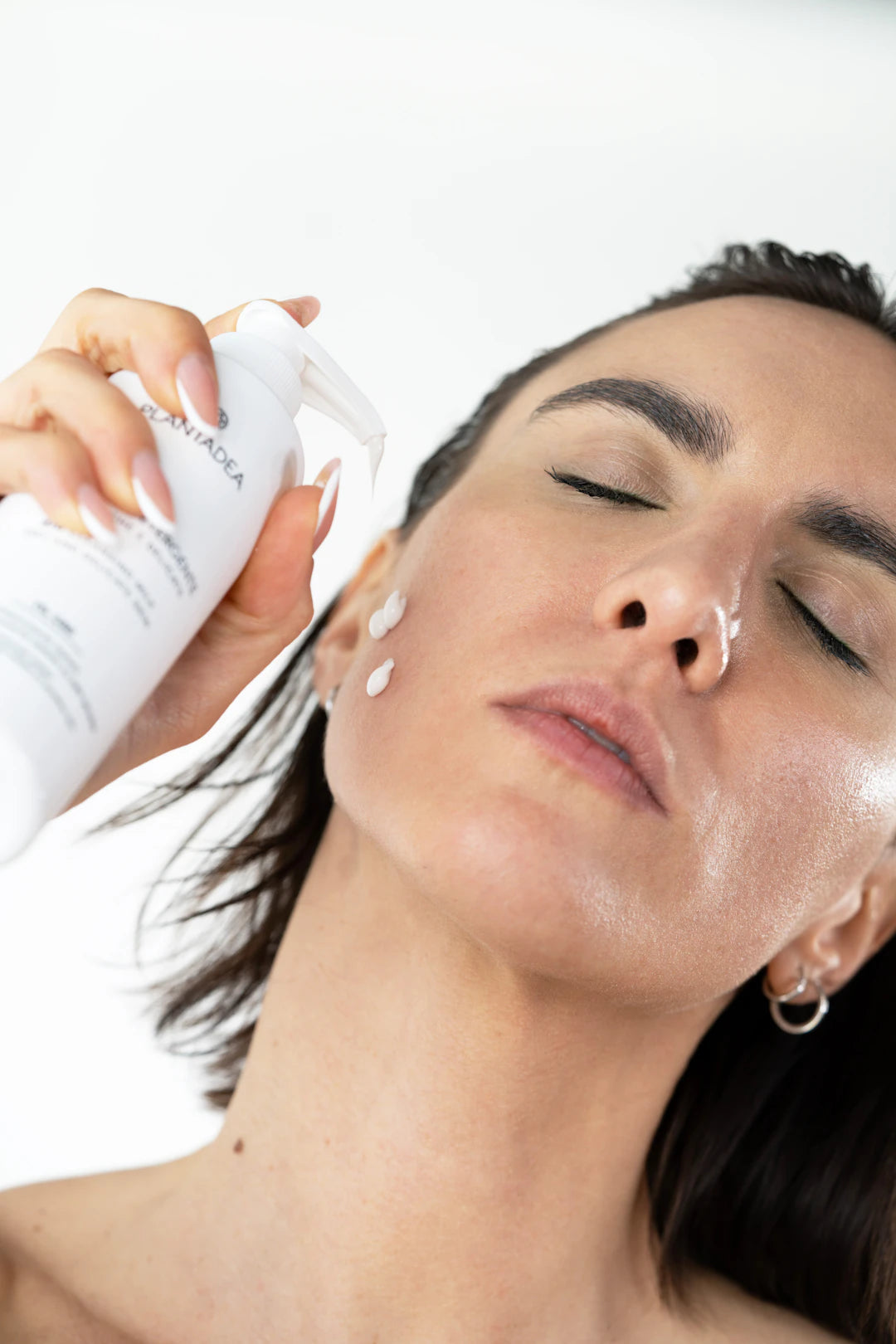Adjust Your Skincare Routine for Aging Skin

Frequently Asked Questions
1. What happens to my skin as I age?
2. Why do I need to adjust my skincare routine as I age?
3. What are the key components of an anti-aging skincare routine?
4. How can lifestyle changes affect my skin's aging process?
5. What ingredients should I look for in anti-aging products?
Aging is a natural process that everyone encounters; however, the way it manifests on your skin can take many forms. As we age, our skin undergoes several changes, which often require adjustments to our skincare routines. Understanding these changes is crucial if you want to maintain youthful, vibrant skin well into your golden years. This blog post will delve into the essentials of adjusting your skincare routine for aging skin, empowering you with knowledge to embrace the journey gracefully.
What Happens to Your Skin as You Age?
As we grow older, the skin naturally loses its elasticity and firmness. This decline is primarily due to the loss of collagen and elastin fibers that provide support and structure. Additionally, factors such as sun exposure, environmental pollutants, and lifestyle choices can accelerate the aging process, leading to noticeable changes in your skin. Here are some common signs of aging skin:
- Wrinkles and Fine Lines: The most prevalent signs of aging are wrinkles and fine lines, especially around the eyes, mouth, and forehead.
- Dryness: Aging skin often becomes drier due to reduced oil production, leaving the skin feeling tight and rough.
- Uneven Skin Tone: Skin discoloration and age spots are common as melanin production changes with age.
- Loss of Volume: Fat loss in the skin can lead to sagging and hollow areas, especially on the cheeks and under the eyes.
- Excessive Sagging: The skin's support structure deteriorates over time, leading to sagging jowls and drooping eyelids.
Why You Need to Adjust Your Skincare Routine
With these changes, the skincare products and routines that once worked for you may no longer be effective. It’s essential to adapt your skincare routine to address the specific concerns associated with aging. For example, including an effective anti-aging neck treatment can help maintain skin elasticity and minimize sagging in that often-neglected area. Making these adjustments can enhance the overall health of your skin, making you look and feel youthful.
Recognizing Your Skin Type
Before making any adjustments, it's crucial to determine your skin type. This initial step ensures that any products you incorporate into your routine effectively address your unique concerns. The main skin types include:
- Dry: Often characterized by flakiness, tightness, and rough texture.
- Oily: Prone to shine and acne, with a thicker appearance.
- Combination: Exhibits both dry and oily areas on the face.
- Sensitive: Easily irritated and prone to redness or inflammation.
Key Components of an Anti-Aging Skincare Routine
Now that you understand your skin type, it's time to look into the essential elements needed for an effective antiaging skincare routine. Each product plays a vital role in helping to rejuvenate aging skin.
Cleansing
The first stage in any skincare regimen is cleansing. Choose a gentle, hydrating cleanser that doesn’t strip the skin of its natural oils. Look for formulas that contain nourishing ingredients like hyaluronic acid, which help to draw moisture into the skin. Cleaning twice a day helps remove dirt, oil, and makeup, letting your skin breathe.
Exfoliation
As the skin matures, cell turnover slows down, resulting in a dull complexion. Regular exfoliation can help combat this issue. Opt for mild exfoliants like chemical exfoliators containing AHAs (alpha hydroxy acids) or BHAs (beta hydroxy acids) that gently slough off dead skin cells without causing irritation. Depending on your skin type, consider exfoliating 1-3 times per week to avoid over-exfoliation, which can lead to further skin sensitivities.
Moisturizing
Moisturizers are crucial for aging skin. As your skin loses moisture over time, using a rich, hydrating cream can restore essential hydration levels. Look for moisturizers with ingredients such as ceramides and peptides, which work to reinforce the skin barrier and promote elasticity. Don't forget to incorporate an anti-aging neck treatment into your regimen to keep this area hydrated and firm.
Sunscreen
Always use sunscreen every day, regardless of the season. Sun exposure can lead to premature aging and exacerbate existing skin issues such as pigmentation and wrinkles. Choose a broad-spectrum SPF of at least 30, and reapply it every two hours if you’re spending prolonged time outdoors. Protecting your skin from harmful UV rays is one of the most effective ways to maintain a youthful appearance.
Serums and Treatments
Incorporate serums and treatments that target specific aging concerns. Ingredients such as retinol, vitamin C, and hyaluronic acid are well-known for their anti-aging properties. Retinol promotes cell turnover, reducing the appearance of fine lines and wrinkles. Vitamin C acts as a brightening agent and protects against free radicals, while hyaluronic acid retains moisture and plumps the skin.
Night Care
Your nighttime skincare routine is just as important as your daytime regimen. While you sleep, your skin goes into repair mode, making it an excellent opportunity to utilize heavier creams and targeted treatments. Look for rich night creams and overnight masks infused with restorative ingredients to rejuvenate your skin while you rest.
Lifestyle Changes for Radiant Skin
Skincare is not just about the products you use; your lifestyle habits also play a significant role. Here are some lifestyle adjustments to consider for maintaining youthful skin:
- Nutrition: A balanced diet rich in antioxidants, vitamins, and healthy fats can promote skin health. Incorporate foods such as fruits, vegetables, nuts, and fatty fish into your meals.
- Hydration: Drink plenty of water throughout the day to keep your skin hydrated from the inside out.
- Sleep: Prioritize sleep to allow your skin to repair. Lack of sleep can lead to a dull complexion and increased signs of aging.
- Exercise: Regular physical activity promotes circulation, which helps deliver essential nutrients to your skin.
- Stress Management: High-stress levels can contribute to skin issues. Consider relaxation techniques such as meditation, yoga, or deep breathing exercises.
Embrace Aging Gracefully
Adjusting your skincare routine for aging skin isn’t just about specific products; it encompasses a holistic approach to skincare and lifestyle. By understanding your skin's needs and making informed changes, you can maintain youthful, glowing skin at any age. Remember, the journey of skincare is not about fighting aging but celebrating the wisdom and beauty that comes with it. With the right mindset and tools in your arsenal, you can embrace aging gracefully and radiantly.


